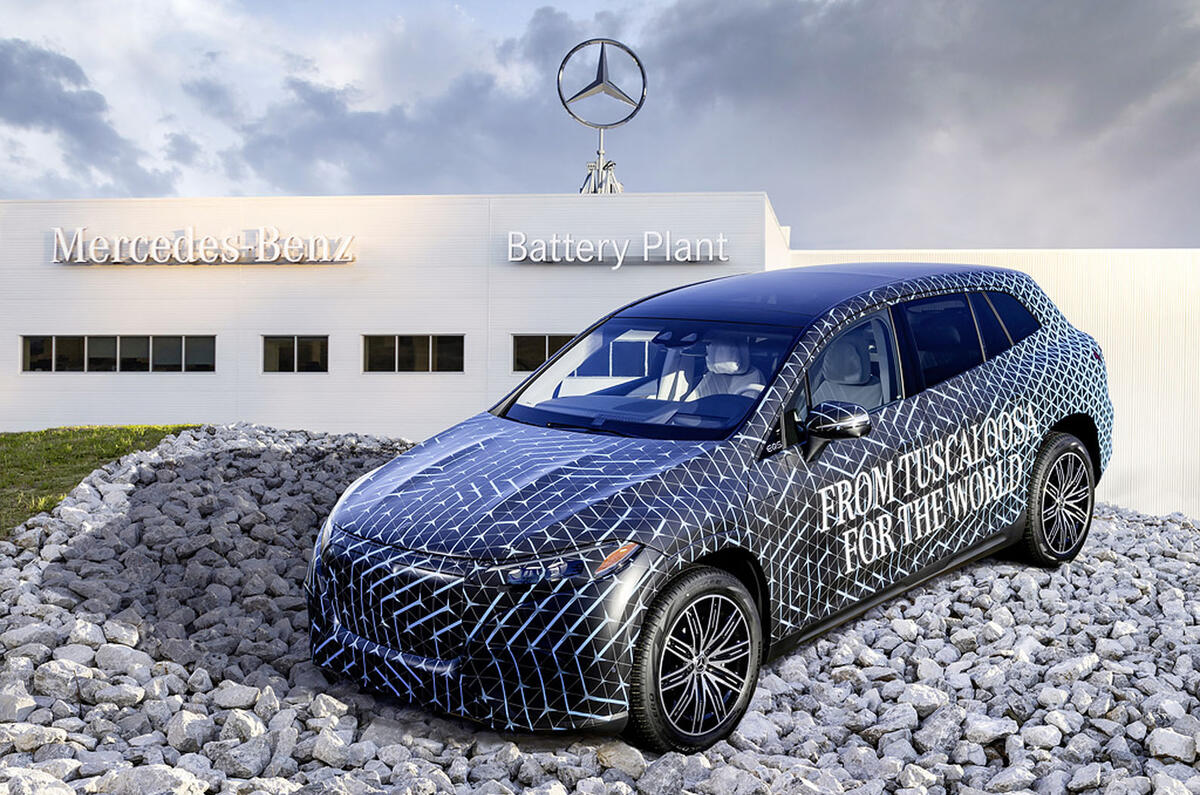Mercedes-Benz has confirmed Chinese majority-owned battery specialist Envision AESC will begin supplying its manufacturing facility in Tuscaloosa, Alabama with what it describes as “high performance lithium-ion battery modules” from the middle of the decade.
The German-Sino co-operation is the latest component in Mercedes-Benz’s plans to begin producing a range of new electric models, including the upcoming Mercedes-Benz EQS SUV, EQE SUV and a new Maybach SUV, at the US-based site.




Join the debate
Add your comment
The other one.